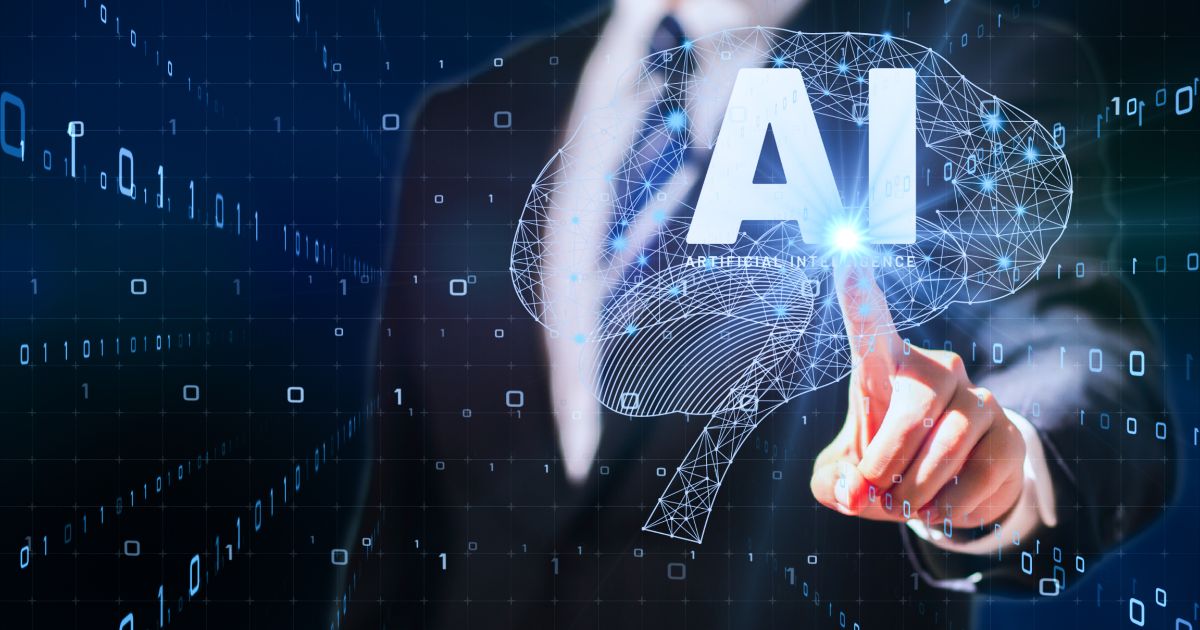AI to Create 78 Million New Jobs, LinkedIn Confirms AI Roles in High Demand

Artificial Intelligence (AI) is reshaping the workforce landscape globally, and the latest report from the World Economic Forum (WEF) suggests that it will create more jobs than it eliminates. The report forecasts a net addition of 78 million jobs globally by 2030, with AI driving significant shifts across industries.
On the other hand, LinkedIn’s latest list of the fastest-growing jobs in the US seems to solidify this claim. Where AI roles have already secured the top two spots. So let’s dive a little deeper to explore how AI is changing jobs and the workforce.
AI’s Role in Job Creation
The WEF’s Future of Jobs Report 2025 predicts that AI may lead to workforce reductions in some sectors but will also generate a surge in demand for skilled professionals. According to the report, AI will create 170 million jobs, and many will require expertise in fields like AI engineering, big data, and cybersecurity.
However, it also states that 92 million positions could be displaced, particularly in roles susceptible to automation. Even if this turns out to be true, it still depicts a very bright future, as we will have a net 78 million jobs thanks to AI.
AI Tops LinkedIn’s Growth Charts
While the WEF report still discusses the future five years down the line, AI-related jobs have already started to top job listings in the US. According to LinkedIn’s analysis of the 25 fastest-growing jobs, the top two positions have been secured by AI roles, which include Artificial Intelligence Engineers and Consultants. This report solidifies the claims of the WEF report and showcases how companies prioritize AI talent to drive innovation.
The role of an AI Engineer involves designing and applying algorithms to enhance business processes, while AI Consultants help organizations integrate these technologies effectively. Both positions require specialized knowledge in Large Language Models (LLMs) and Python programming.
It’s not just technical positions that are thriving. Roles like AI Researchers also made it on the list, showcasing the diverse opportunities available in the AI sector.
Adapting to an AI-Driven Future
The data makes one thing clear: AI is redefining the job market. Importantly, these changes aren’t about replacing workers but enhancing human potential.
Chris Picariello, CEO of Keystone Talent Group, stated, “Fascinating to see AI & ML Engineers at #1, but what’s more interesting is the underlying thread across these roles – they’re all focused on either building AI or working alongside it. As a recruiter, I’m seeing this firsthand: companies aren’t just hiring for technical skills anymore, but for people who can bridge the gap between AI and human insight. The key takeaway? It’s not about AI replacing jobs, it’s about professionals who can leverage AI to enhance human capabilities. Those who adapt to this hybrid approach will thrive in 2025 and beyond.“
The rise of AI is an opportunity for growth and innovation, creating a workforce where human expertise and machine intelligence work together.
